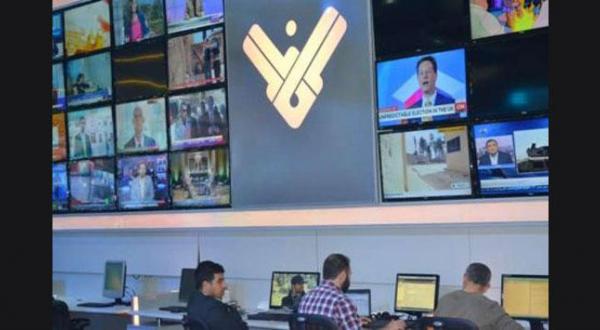London- Iran has taken advantage of the freedom powered by the Lebanese media and the absence of effective supervision over the content of Radio-TV broadcasting to establish a wide-ranging network of media space and ground stations, in addition to the printed and electronic media.
The campaign that was launched last week against Saudi Arabia, from two local newspapers, at the same time and with the same content, indicates the size of Iranian infiltration in the Lebanese media.
Moreover, Iran is exploiting the weakness of the Lebanese media opposing it and the deterioration of its financial conditions in order to bring top journalists to its side. It also reinforces its pro-media, which is the only media that does not suffer from the financial crisis that hit the Lebanese media in general, and especially the media opposing Tehran.
For instance, “Annahar” Newspaper has laid-off many of its employees and stopped some of its services to be able to carry on. On the other hand, “Future” TV and Newspaper suffers from a tremendous financial strait as the employees have not received their salaries for one year now.
In contrast, almost every day a new pro-Tehran media emerges, especially in the electronic side.
A highly informed Lebanese source told Asharq Al-Awsat that Iran has established a large media operation room in Beirut in order to manage the media content of its tens of mass media; aiming at organizing their work and campaigns and adjusting their orientations.
The operation room includes analysts, who appear on the Lebanese and Arab screens to explain Hezbollah’s stances and defend them without showing a setback for Hezbollah or Iran. Thus, encouraging other media masses, which search for the “other party’s opinion”, to host them and listen to their opinions and analysis.

